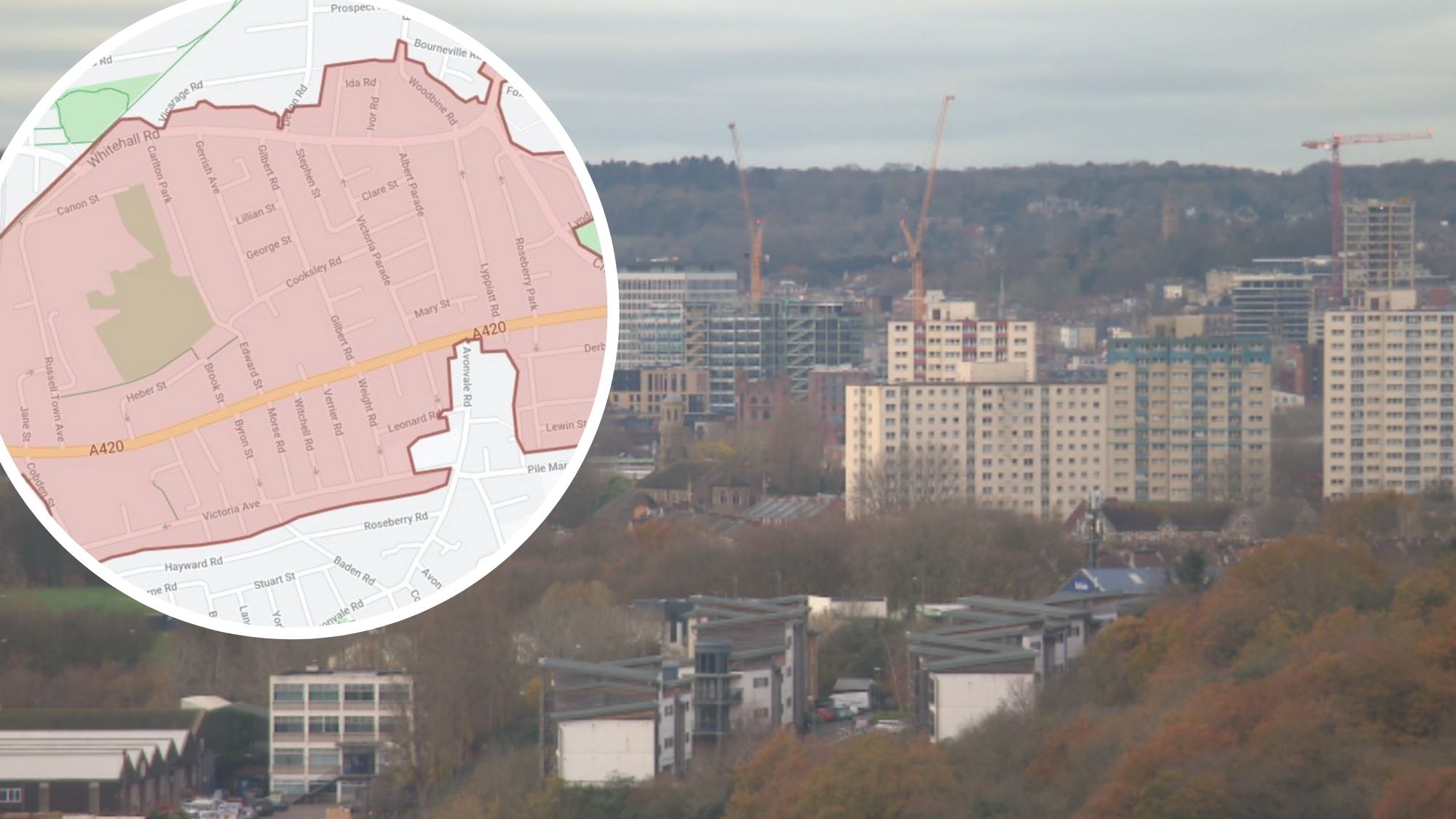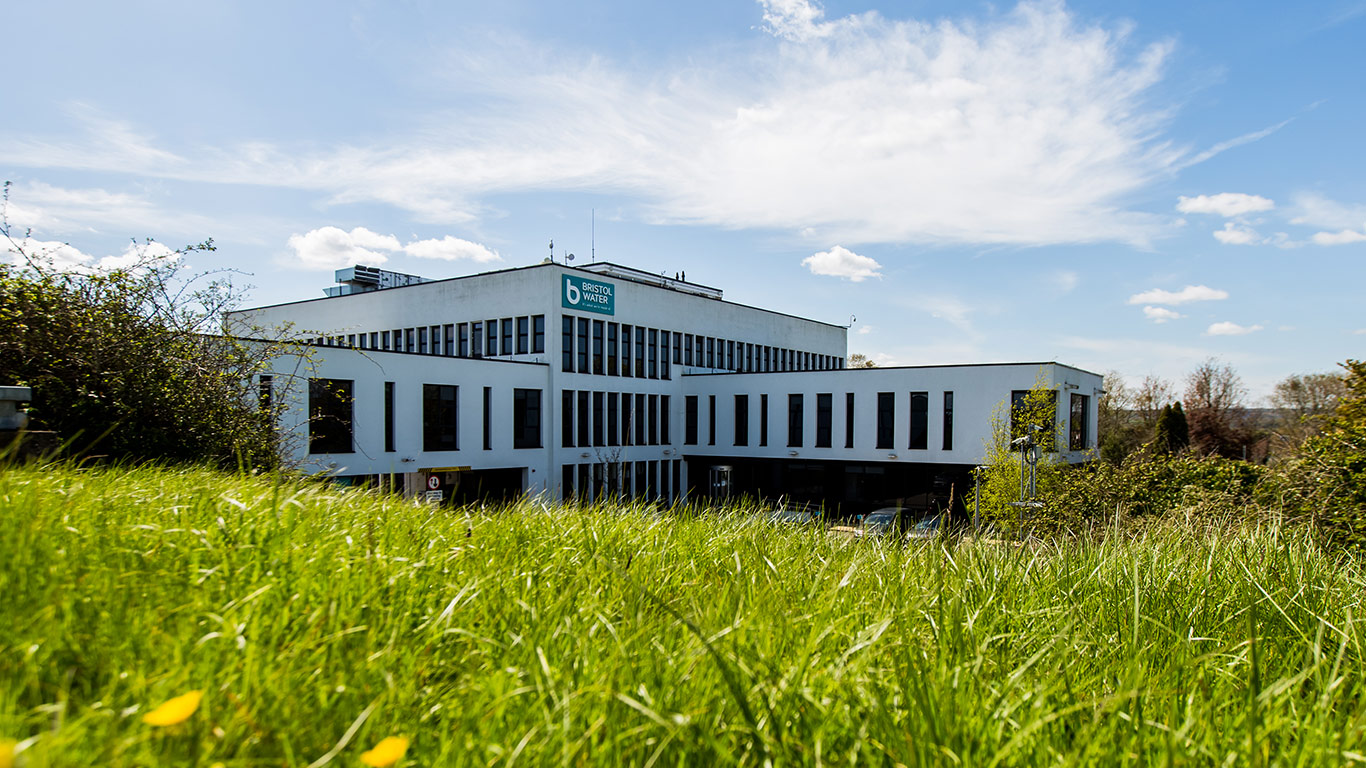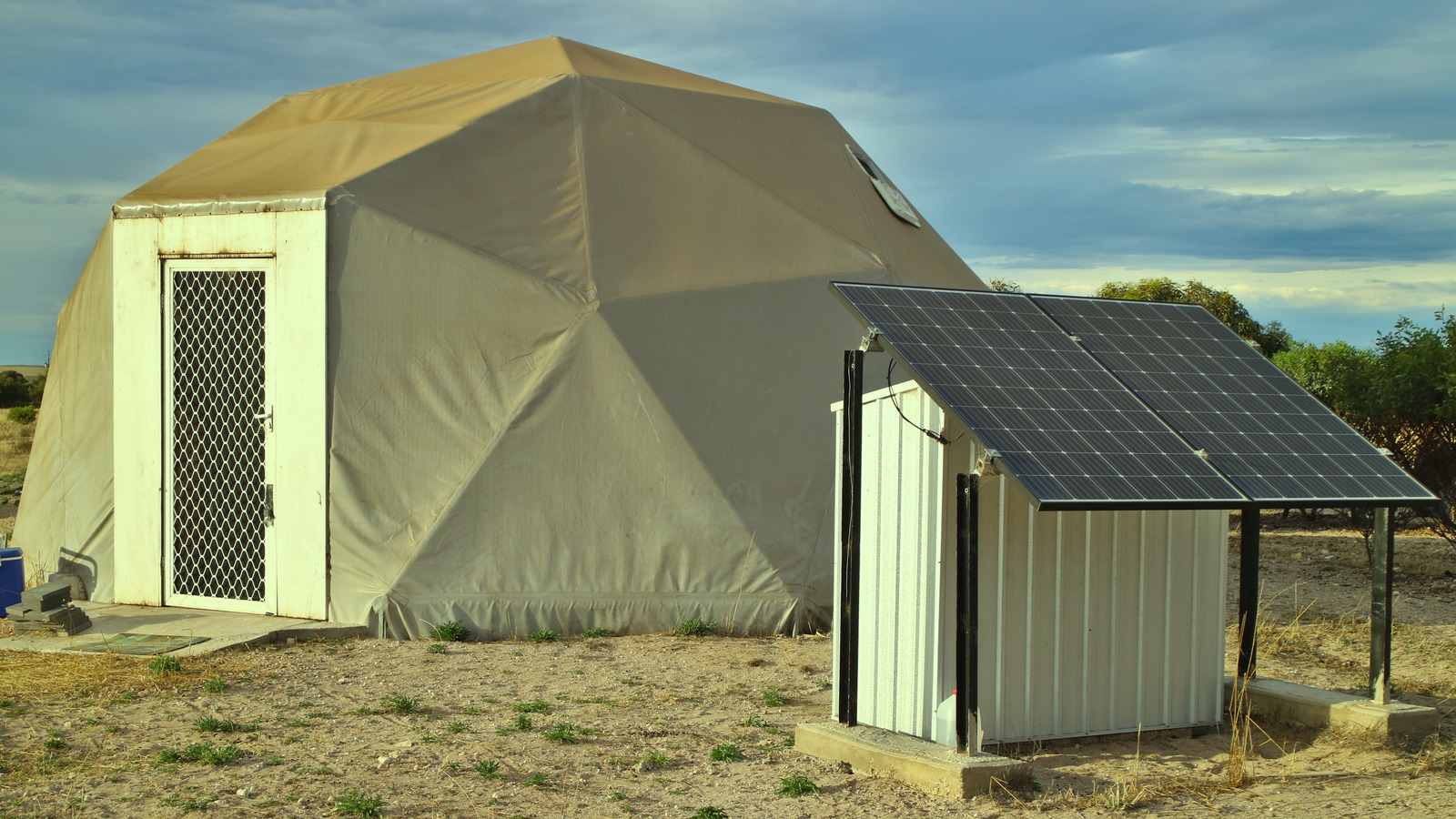Off grid living Bristol is gaining traction, presenting a unique blend of challenges and opportunities. This burgeoning trend sees individuals seeking self-sufficiency and a disconnect from traditional utilities. This article delves into the practicalities, legalities, and social implications of embracing off-grid life in the vibrant city of Bristol, exploring everything from securing land and navigating regulations to implementing sustainable energy and waste management systems.
From understanding Bristol’s specific legal framework for off-grid dwellings to mastering sustainable energy solutions and water management techniques, this guide offers a comprehensive overview of what it takes to live off-grid in this UK city. We examine the various challenges and rewards associated with this lifestyle choice, providing insights gleaned from successful off-grid communities both in Bristol and similar regions.
Legality and Regulations of Off-Grid Living in Bristol
Aspiring off-grid dwellers in Bristol face a complex regulatory landscape. Successfully establishing an off-grid dwelling requires careful navigation of local planning permissions, building regulations, and environmental health requirements. Understanding these regulations is crucial to avoid potential legal repercussions and ensure a sustainable off-grid lifestyle.
Specific Legal Requirements for Off-Grid Dwellings
Bristol City Council, like other UK local authorities, regulates building and development. Establishing an off-grid dwelling will almost certainly require planning permission, particularly if it involves new construction or significant alterations to an existing structure. This application must demonstrate compliance with building regulations, encompassing structural integrity, fire safety, and energy efficiency standards. The council will assess the impact on the surrounding environment, including potential disruption to neighbours and the preservation of natural habitats.
Deviation from accepted building practices and materials will necessitate detailed justification and evidence of suitability. Furthermore, the council will scrutinize proposals for water sourcing, waste disposal, and energy generation to ensure they meet environmental protection standards and don’t pose a risk to public health.
Permitting Processes for Off-Grid Infrastructure, Off grid living bristol
Securing necessary permits for off-grid infrastructure is a multi-stage process. Water sourcing, whether from a well, rainwater harvesting, or other means, will require approval from the relevant water authority, ensuring the supply is safe and sustainable. Waste disposal solutions, such as composting toilets or septic tanks, must meet environmental health standards and comply with regulations to prevent pollution.
The installation of renewable energy systems, such as solar panels or wind turbines, may necessitate planning permission and potentially connections to the national grid if surplus energy is to be exported. Each permit application will involve detailed plans, specifications, and potentially environmental impact assessments. The council will assess each application individually, considering the specifics of the proposed off-grid systems and their potential impact.
Comparison with Other UK Cities
Bristol’s regulations regarding off-grid living are broadly similar to those in other UK cities, though specific requirements can vary. Local authorities generally prioritize sustainable development and environmental protection. However, the level of scrutiny and specific regulations may differ depending on local planning policies and environmental sensitivities. Rural areas might be more lenient than urban environments due to factors like proximity to neighbours and existing infrastructure.
For example, a more rural location might allow for more flexibility regarding water sourcing, whereas a densely populated urban area will have stricter limitations. Researching the specific regulations of the chosen location within Bristol is paramount.
Examine how off grid living book pdf can boost performance in your area.
Summary of Key Legal Aspects
| Legislation | Requirement | Process | Contact |
|---|---|---|---|
| Planning Permission (Town and Country Planning Act 1990) | Approval for building and development | Application to Bristol City Council, including plans and environmental impact assessment | Bristol City Council Planning Department |
| Building Regulations (Building Regulations 2010) | Compliance with structural, fire, and energy efficiency standards | Inspection by approved building inspector | Bristol City Council Building Control |
| Environmental Protection Act 1990 | Safe and sustainable water sourcing and waste disposal | Permits from relevant water authority and environmental health officer | Bristol City Council Environmental Health |
| Renewable Energy Regulations | Compliance with standards for renewable energy systems | May require planning permission and connection to grid (if exporting energy) | Ofgem (for grid connection), Bristol City Council (for planning permission) |
Sustainable Energy Solutions for Off-Grid Homes in Bristol

Bristol, with its commitment to sustainability, presents a unique opportunity for off-grid living. However, successfully powering an off-grid home requires careful consideration of various renewable energy sources and their integration into a robust and reliable system. This section explores viable options and Artikels a sample system design for a typical Bristol dwelling.
Renewable Energy Sources for Off-Grid Bristol Homes
Several renewable energy sources are well-suited to the climate and geographical location of Bristol. Solar photovoltaic (PV) systems are a primary contender, harnessing sunlight to generate electricity. Bristol experiences a moderate amount of sunlight throughout the year, making solar PV a reliable, albeit variable, energy source. Wind turbines, while potentially effective, require careful consideration of planning permissions and local wind conditions; Bristol’s urban environment may present challenges in finding suitable locations for efficient wind energy generation.
Other options include hydro-power (if a water source is available), and biomass systems utilizing sustainably sourced wood pellets or other organic materials for heating. Geothermal energy, tapping into the earth’s heat, is another potential but often more complex and expensive option for off-grid heating.
Sample Off-Grid Energy System for a Bristol Dwelling
A typical Bristol dwelling could utilize a hybrid system combining solar PV and potentially a smaller wind turbine, supplemented by battery storage. A 5kW solar PV array, facing south, could generate a significant portion of the home’s electricity needs. A 1kW wind turbine, strategically placed to maximize wind capture (subject to planning permissions), could provide additional power during windy periods.
A battery bank with a capacity of 10kWh would store excess energy generated during peak sunlight and wind periods, providing power during nighttime or low-sunlight hours. This system would need to be complemented by a backup generator for periods of extended low energy generation, ensuring grid independence. The specific components and capacity would need to be tailored to the individual household’s energy consumption profile.
This example assumes a reasonably energy-efficient home with modern appliances.
Cost-Effectiveness and Environmental Impact of Energy Solutions
The cost-effectiveness and environmental impact of different energy solutions vary considerably. Solar PV systems have seen a significant reduction in cost in recent years, making them increasingly competitive. However, the initial investment can be substantial. Wind turbines, while potentially cost-effective in the long run if wind conditions are favorable, have higher upfront costs and more complex installation requirements.
Biomass systems have relatively low running costs but depend on the availability and sustainable sourcing of biomass fuel. The environmental impact is also a key consideration. Solar and wind power are inherently clean energy sources, producing minimal greenhouse gas emissions during operation. Biomass systems can have a relatively low carbon footprint if sustainably sourced fuel is used, but they do produce some emissions during combustion.
A detailed lifecycle assessment is needed to compare the overall environmental impact accurately.
Comparison of Renewable Energy Sources for Off-Grid Homes
| Source | Cost (Approximate) | Efficiency | Environmental Impact |
|---|---|---|---|
| Solar PV | £10,000 – £20,000 (for a 5kW system) | 15-20% (depending on panel type and conditions) | Very low (minimal greenhouse gas emissions) |
| Wind Turbine (small scale) | £5,000 – £15,000 (depending on size and capacity) | 20-40% (highly dependent on wind speed and turbine design) | Very low (minimal greenhouse gas emissions) |
| Biomass | Variable (depending on system size and fuel source) | 70-80% (for heating applications) | Low to moderate (depending on fuel source and combustion efficiency) |
| Hydropower (small scale) | Variable (highly dependent on site specifics) | 60-80% (depending on system design and water flow) | Very low (minimal greenhouse gas emissions) |
Community and Social Aspects of Off-Grid Living in Bristol: Off Grid Living Bristol

The burgeoning interest in off-grid living in Bristol presents a unique opportunity to examine the potential social and community impacts of this lifestyle choice. While offering individual benefits like reduced environmental footprint and increased self-sufficiency, a significant shift towards off-grid living could reshape social interactions, community structures, and resource management within the city. Understanding these potential effects is crucial for effective planning and integration of off-grid communities into the existing urban fabric.The rise of off-grid living could foster new forms of community engagement and cooperation.
Shared resources, skills, and knowledge exchange among off-grid dwellers could create strong bonds and potentially influence wider sustainability initiatives in Bristol. Conversely, challenges may arise regarding social integration, access to essential services, and potential conflicts with established urban planning and regulations.
Existing Sustainable Living Communities in Bristol
Bristol already boasts a vibrant network of individuals and groups dedicated to sustainable living practices. These communities, though not exclusively off-grid, share many common values and could serve as valuable resources and models for aspiring off-grid residents. Organizations focused on permaculture, community gardening, and local food production offer opportunities for collaboration and knowledge sharing. These established networks can provide support, mentorship, and a sense of belonging for individuals transitioning to off-grid lifestyles.
Furthermore, existing community gardens and shared resource initiatives could be adapted to accommodate the needs of a growing off-grid population. The city council’s commitment to sustainability initiatives provides a favorable climate for these collaborations to flourish.
Examples of Successful Off-Grid Communities Elsewhere
Examining successful off-grid communities in other locations provides valuable insights into potential strategies and challenges. Understanding their successes and failures can inform the development of supportive policies and infrastructure in Bristol.
- The Findhorn Foundation (Scotland): This intentional community, known for its eco-village model, demonstrates the power of collaborative living and sustainable practices. Their success stems from a strong sense of shared purpose, a commitment to ecological responsibility, and a well-defined governance structure. They have successfully integrated diverse skills and expertise within their community, creating a resilient and self-sufficient ecosystem. Their model showcases the potential for shared resource management and mutual support.
- Los Angeles Eco-Village (California): This urban eco-village demonstrates that sustainable living is possible even within a densely populated area. Their focus on permaculture, renewable energy, and community building highlights the adaptability of off-grid principles to diverse environments. Their commitment to education and outreach programs demonstrates the potential for off-grid living to inspire wider adoption of sustainable practices.
- Earthships (New Mexico): Earthship communities showcase innovative building techniques that minimize environmental impact and promote self-sufficiency. Their reliance on passive solar heating, rainwater harvesting, and greywater recycling demonstrates the potential for highly efficient resource management. However, their unique construction methods and reliance on specific geographical conditions limit their direct applicability to Bristol’s urban context.
Challenges and Opportunities for Social Integration
The integration of off-grid dwellers into the broader Bristol community presents both challenges and opportunities. Addressing these aspects proactively is crucial for fostering a harmonious coexistence between off-grid and conventionally-living residents.
- Access to Services: Ensuring equitable access to essential services like healthcare, education, and waste management for off-grid residents will require careful planning and collaboration between the city council and off-grid communities. Innovative solutions, such as mobile clinics and shared resource centers, may be necessary.
- Social Perceptions: Addressing potential misconceptions and negative stereotypes surrounding off-grid living is crucial for promoting positive social integration. Education and outreach programs can help bridge the gap between off-grid communities and the wider public, fostering understanding and acceptance.
- Regulatory Frameworks: Adapting existing regulations to accommodate the unique needs of off-grid communities is essential. This may involve streamlining permitting processes for renewable energy installations, creating guidelines for responsible land use, and addressing potential conflicts with existing zoning laws.
- Economic Integration: Exploring opportunities for economic collaboration between off-grid communities and the wider Bristol economy, such as local food production and sustainable tourism, can foster mutual benefit and strengthen social ties.
Embarking on off-grid living in Bristol requires meticulous planning, a commitment to sustainability, and a thorough understanding of local regulations. While challenges exist, the rewards—increased self-sufficiency, reduced environmental impact, and a unique lifestyle—are significant for those willing to navigate the complexities. This guide aims to equip prospective off-grid dwellers with the knowledge and resources needed to make informed decisions and build a thriving, sustainable life in Bristol.


